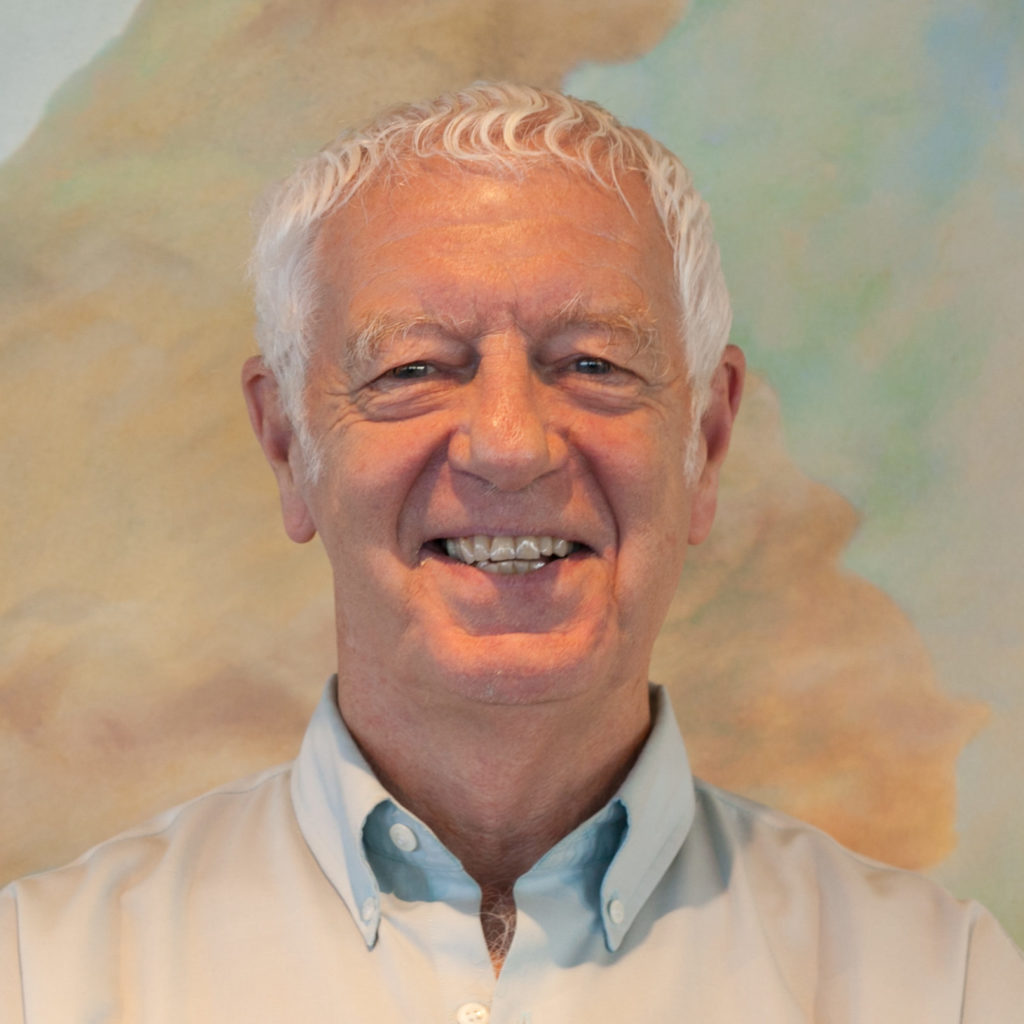A Biography of Michael Denton

Michael Denton is currently a Senior Fellow with the Center for Science and Culture at Discovery Institute. Dr. Denton holds an MD from Bristol University, as well as a PhD in biochemistry from King’s College in London. From 1990-2005, he was a Senior Research Fellow in the Biochemistry Department at the University of Otago in Dunedin, New Zealand. Denton is the author of three path-breaking books, Evolution Still a Theory in Crisis (2016), Nature’s Destiny: How the Laws of Biology Reveal Purpose in the Universe (1998) and Evolution: A Theory in Crisis (1985), as well as many technical scientific articles. He talks extensively about his life and work in an interview posted at SuccessfulStudent.org.
Denton’s research topic as a PhD student and post-doctoral fellow at King’s College in the 1970s was the differentiation of the red blood cell, and his main research focus since the early 1980s has been on identifying genes responsible for inherited retinal disease in humans. Because certain categories of disease genes (e.g. recessive genes) can be more easily identified by studying large consanguineous pedigrees, he has spent several months each year for nearly two decades working and living in India and Pakistan where large inbred populations, ideal for gene mapping, are relatively common. His retinal research led to the identification of several new retinal disease genes including the gene used in the first successful gene therapy trial at Moorfields Eye Hospital in London in 2009.
Denton has long adhered to a structuralist view of organic form, seeing much of the underlying order of life to be immanent in nature, the result of higher organizational principles or “laws of form” which constrain the behaviour of complex higher order assemblages of biomatter. As he argues, because these organizational principles or laws are emergent, and only manifest by their influence on “higher order assemblages,” they cannot be inferred from analysis of the individual molecular components or parts of living systems analyzed in isolation and consequently pose a severe challenge to the reductionist agenda. Darwinism is also challenged because they represent emergent causal agencies which are immanent in nature and have nothing to do with natural selection. In Denton’s words: “Emergent features of any composite or whole (like the properties of water) are only manifest when the components of the composite (hydrogen and oxygen) are ‘combined together.’ Because of this, they cannot be the result of cumulative Darwinian selection which is by definition a gradualistic process which can only build order bit by bit. Selection may choose and conserve the emergent properties of a whole but it cannot create them in the first place.”
Denton has published his work in journals such as Nature, Biochemical Journal, Nature Genetics, BioSystems, Human Genetics, Clinical Genetics, the Journal of Theoretical Biology, and Biology and Philosophy. He has given lectures at major universities throughout the world. His current research focuses on exploring the role and limitation of genes in the generation of cell form, particularly retinal cells and red blood cells and examining the challenge posed to Darwinian functionalism by the apparently non adaptive ground plans or types which underlie much of the adaptive complexity of life. He rejects the metaphysical basis of the Darwinian framework, “specifically the assumptions that living organisms are nothing more than machines, and that all properties of organisms have adaptive significance.”